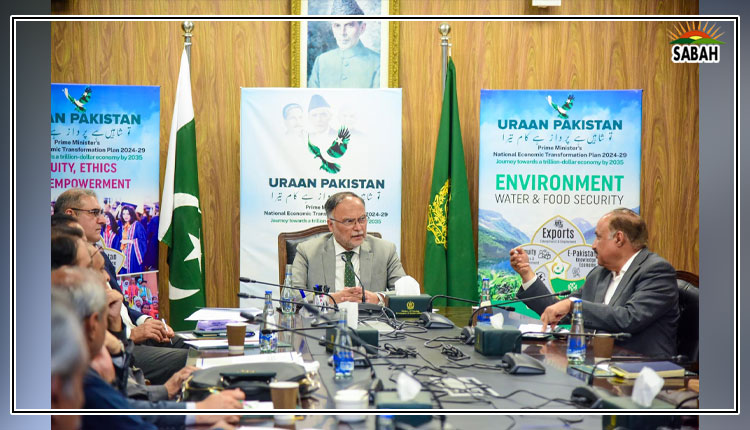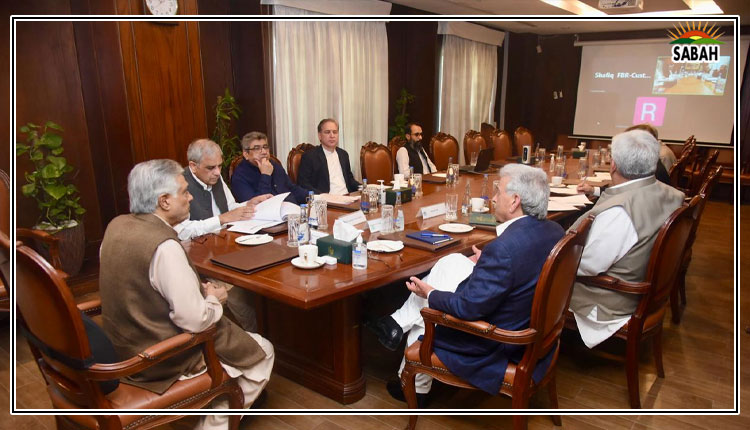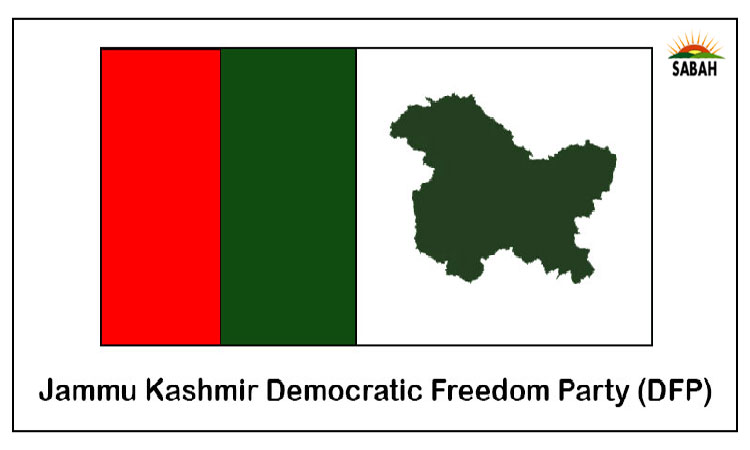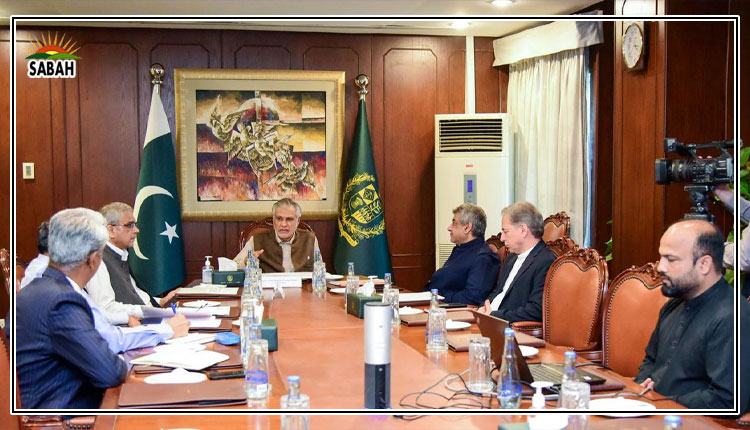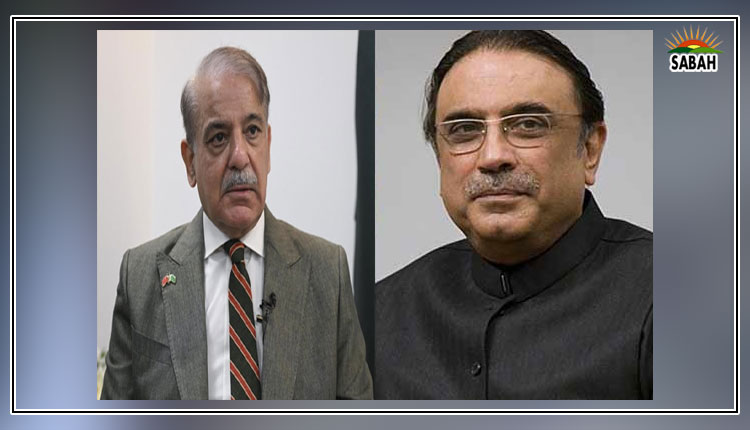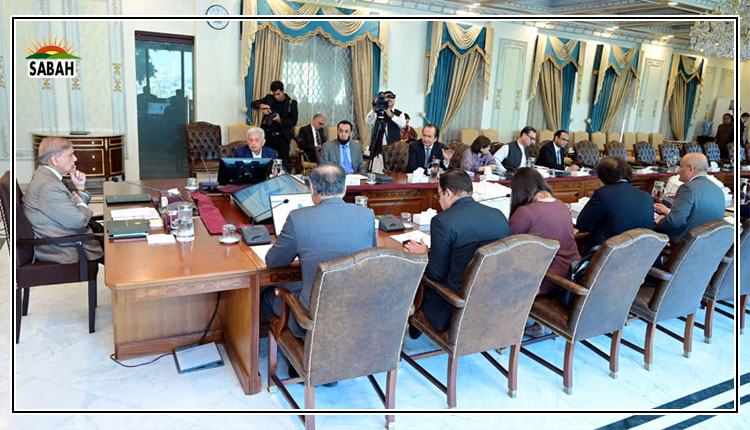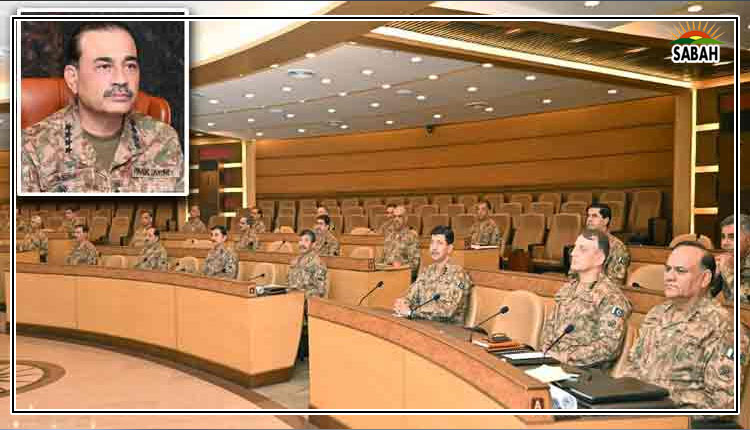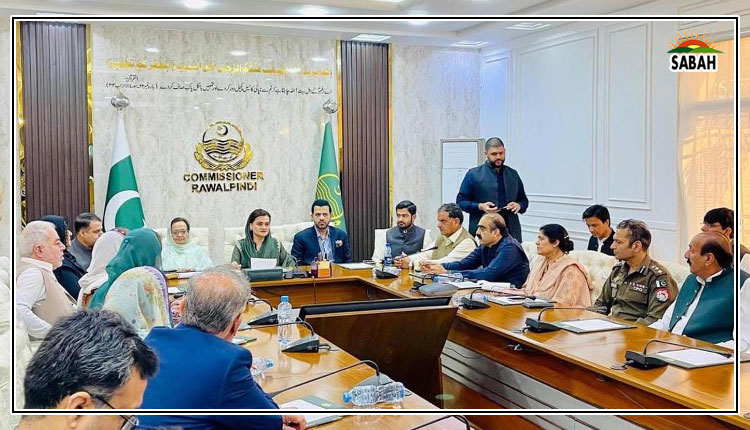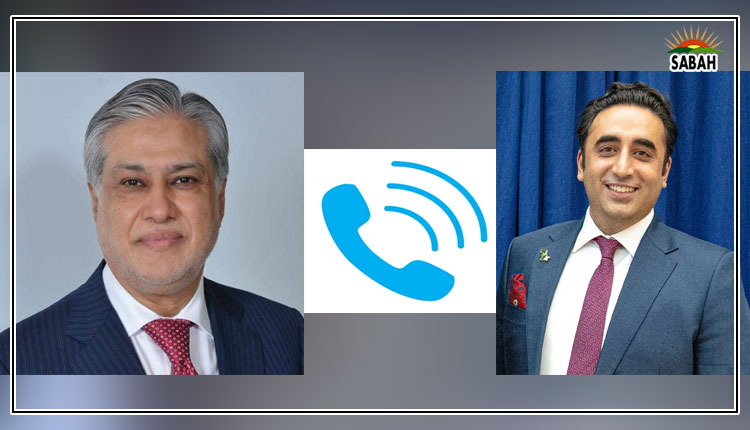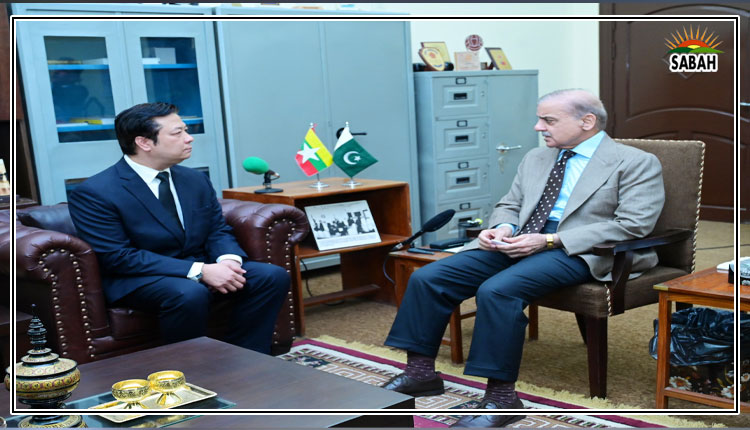Unthinkable thoughts…Ghazi Salahuddin
There is this forbidding thought that bothers me a lot. Let me put it as a question. What is more crucial for our nations progress, a nuclear arsenal or universal primary education?
Ideally, of course, we could have both. And if it is a matter of capability, operating primary schools appears to be much easier than acquiring nuclear weapons. After all, there are only a few nuclear nations in the world though it may just have been a matter of choice for the advanced ones.
Operating primary schools, one would say, is no rocket or nuclear science. A list of countries that have very high literacy as well as an efficient primary school system would include many from the so-called developing world. Besides, countries that have made remarkable progress in recent decades began with educating their children, mainly girls, during their difficult times.
Now, the idea is not to invoke a debate that was relevant 26 years ago or even long before that. We have other emergencies to deal with now, in this sizzling summer of 2024. But the unscheduled celebration of Youm-e-Takbeer on Tuesday has become a valid point of reference for thinking thoughts that are embedded in the question that I have raised at the outset.
There are deep concerns about the state of primary education in Pakistan, particularly for girls. Just a few days back, flames rose from the building of a girls school in North Waziristan in Khyber Pakhtunkhwa. The school had been torched by the militants during the night.
In a somewhat wider context, just three weeks ago Prime Minister Shehbaz Sharif declared an education emergency to enroll around 26 million out-of-school children and promote literacy. Addressing the National Conference on Education Emergency, he promised to handle the challenge with iron conviction.
I guarantee, if we move in unison to find our space, Pakistan will emerge as one of the most educated societies one day, he asserted.
With this kind of resolve, one would expect monumental, revolutionary steps to be taken forthwith to make education the topmost priority of the government. One would wake up one day and feel the change in the air because the national emergency would entail drastic measures such as law enforcement personnel knocking on peoples doors to fetch little children to school, among other things.
What did happen was that a national holiday was suddenly announced on Monday evening. It came out of nowhere. It meant that, in addition to other major disruptions, educational institutions were closed. Examinations scheduled on the day were postponed. Things went topsy-turvy all around.
As for the damage to a girls school in North Waziristan, there has long been a pattern of how some militant groups have campaigned against girls going to school. Leaving aside the incidents that have happened in the past, it is reported that attacks on girls schools have surged recently in North and South Waziristan.
With reference to this incident, it was recalled that terrorists had set fire to a girls private school on May 9 in the Shawa area in South Waziristan. On May 17, terrorists bombed an under construction girls private school in Lower South Waziristan.
In a letter written to the KP chief secretary on Wednesday, the federal education secretary expressed grave concern over the recent incidents of torching of schools in the merged districts. It is particularly disheartening to note that these heinous acts of terrorism are disproportionately targeting institutions dedicated to girls education, the letter said.
However, the scene shifted to Balochistan when some parts of a girls middle school were gutted after unknown armed men attempted to set fire to the building in the Surab district of Kalat division. This happened on Wednesday night.
Considering the other more conspicuous and more devastating exploits of the terrorists across Pakistan in the past, these would appear to be somewhat insignificant events. But the question that comes to mind another forbidding question, to be sure is whether these terrorists and violent extremists are more powerful than the state of Pakistan? How, for Gods sake, can these networks remain viable when the campaign against them has continued for at least ten years?
I have obviously in mind that unbearable massacre of our schoolchildren in Peshawar on December 16, 2014. A nation that suffers that kind of a tragedy would not, one would expect, remain the same. But there have been other days of infamy in our history, some that reflect our social degradation and human degeneration. Who is responsible, say, for the brutal lynching of Mashal Khan by his fellow students on a universitys campus in April 2017? And, again, what has changed after that?
May 28 is certainly an important date, an anniversary, in Pakistans history. The earth had literally shaken. But something else that is worth remembering had also happened on this date. I am sure not many would be able to recall that happening.
On May 28, 2010, militants attacked two places of worship of the Ahmadi community in Lahore, with guns, grenades and suicide bombs. At least 97 persons were killed and over 100 were injured. This was the most serious instance to show how vulnerable the community is in Pakistan. Apparently, it is about the same for other religious minorities and incidents keep recurring.
After the May 28, 2010 attacks, the Human Rights Watch had called on Pakistans government to introduce legislation in parliament to repeal laws discriminating against religious minorities.
But we do not need the law as much as we need the resolve and the ability to change Pakistan and to make it more civilized, more human. Will sending all little girls to schools be a good beginning to rescue Pakistan from its present degradations?
Courtesy The News


